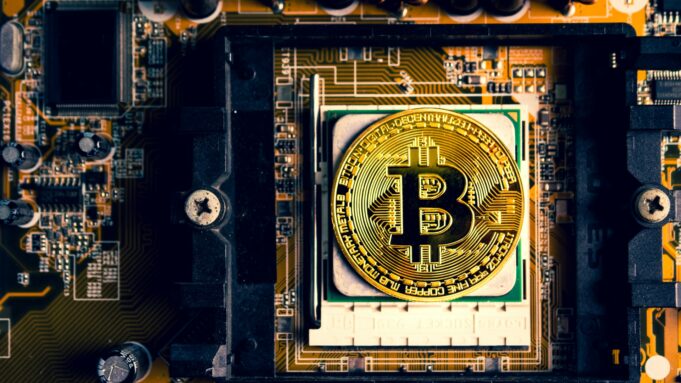As the world shifts towards decentralized energy platforms, the use of blockchain technology has become more prominent in the energy sector. Bitcoin mining operations, which require high amounts of energy, can benefit from using public keys to protect their operations. Public keys can help to secure communications, verify transactions, and ensure the integrity and confidentiality of data.
In this article, we will discuss how public keys work, how they can be used to protect bitcoin mining operations, and the benefits of using public keys in decentralized energy platforms.
What is a Public Key?
A public key is a cryptographic code that is used to encrypt data and verify digital signatures. It is derived from a private key, which is used to decrypt the data and generate digital signatures.
In the context of bitcoin mining operations, a public key can be used to secure communications between different nodes on the network. It can also be used to verify transactions and ensure that they are valid.
How to Use a Public Key to Protect Bitcoin Mining Operations
To use a public key to protect bitcoin mining operations, you will need to follow these steps:
Step 1: Generate a Private Key
The first step is to generate a private key. This can be done using a software tool called a key generator. The private key is a secret code that is used to decrypt data and generate digital signatures.
Step 2: Create a Public Key
Once you have generated a private key, you can create a public key. This is done by using a mathematical algorithm to derive a code from the private key. The public key is used to encrypt data and verify digital signatures.
Step 3: Share the Public Key
The next step is to share the public key with other nodes on the network. This can be done by posting the public key on a public blockchain or by using a peer-to-peer network to share the key.
Step 4: Use the Public Key to Secure Communications
Once the public key has been shared, it can be used to secure communications between different nodes on the network. When a node wants to send data to another node, it encrypts the data using the recipient’s public key. The recipient can then use their private key to decrypt the data.
Step 5: Verify Transactions
In addition to securing communications, public keys can also be used to verify transactions. When a transaction is initiated, it is signed with the sender’s private key. The recipient can then use the sender’s public key to verify that the transaction is valid.
Benefits of Using Public Keys in Decentralized Energy Platforms
There are several benefits to using public keys in decentralized energy platforms. These include:
1. Security
Public keys provide a high level of security by encrypting data and verifying digital signatures. This ensures that communications are secure and transactions are valid.
2. Confidentiality
Public keys also provide a level of confidentiality by keeping data encrypted. This ensures that sensitive information is not leaked to unauthorized parties.
3. Integrity
Public keys help to ensure the integrity of data by verifying digital signatures. This ensures that data has not been tampered with and is accurate.
4. Efficiency
Public keys can also improve the efficiency of bitcoin mining operations by reducing the time and resources required to secure communications and verify transactions.
Conclusion
In conclusion, public keys are a powerful tool for protecting bitcoin mining operations in decentralized energy platforms. They provide a high level of security, confidentiality, integrity, and efficiency. By following the steps outlined in this article, you can use public keys to secure your communications and verify your transactions, ensuring the success of your bitcoin mining operations in the decentralized energy sector.

























